Early learning leaders in Central Oregon met on January 8 at the Redmond Early Learning Center (RELC) to discuss how best to meet the needs of kids and families throughout the region. The meeting included a tour of the RELC, which opened three years ago and serves nearly all kindergarteners in the Redmond School District.
The meeting and tour included state legislators Senator Tim Knopp (R), Representative Cheri Helt (R), Representative Jack Zika (R), and 10 members of the leadership council for the Early Learning Hub of Central Oregon.
Principal Desiree Margo recalled when the district began exploring how to reopen the building as a K–5 school, though it once served middle school students. “We read the reports from Children’s Institute about pioneers around the state who were focused on early learning in Gladstone, David Douglas, and Pendleton,” Margo said. “We were inspired by Earl Boyles [the first Early Works site] and we began to ask, what if?”
That exploration led to the idea of serving all kindergarteners in one building. “We realized we could go so much deeper with instruction and learning for young children by focusing on the needs of our 4- and 5-year-olds,” Margo said. “We had some funds set aside and used them to remake the school for young learners.”
Today, the school has more than 400 kindergarten students enrolled in 17 classrooms. Two classrooms offer bilingual Spanish/English learning. They also added two preschool classrooms, one funded with Title 1 dollars and the other funded by Head Start.
The Oregon Child Development Coalition (OCDC) is hoping to fund a third preschool classroom, and Margo is partnering with the High Desert Education Service District to fund an Early Childhood Special Education classroom for children with developmental delays or disabilities. She is also hoping to serve additional kids and families with Preschool Promise funding.
Right now, the preschool classrooms offer a half-day program, an approach that doesn’t fully meet the needs of working parents and families in the region. Margo hopes to expand to full-day classes and is well-positioned to do that with room for expansion in the building.
Beyond kindergarten and preschool, the RELC is designed exclusively to meet the needs of the district’s youngest learners. Through partnerships with Healthy Beginnings, Head Start, public health, and other entities, the center serves as a hub for early learning for children from birth to age 6.
After a tour of the school, council members shared stories with legislators about the services and needs in their communities. The need for child care and preschool for working families is clear, as well as the need for additional facilities to hold full-day classrooms in more locations. Home visiting services are in demand and could be helping many more families. Early Intervention/Early Childhood Special Education staff are strained with more referrals than they can manage, and very few children are receiving adequate levels of service. Teachers also need training, supports, and professional learning opportunities. And, according to Margo, the RELC is seeing more children struggling from the effects of trauma and displaying challenging behaviors, factors that require resources, planning, and capacity.
This spoke to a need for further investment in programs that serve young children and their families. Council members and legislators appeared eager to help one another reach that goal, but the 2019 legislative session poses one significant obstacle: early learning investments in Governor Brown’s budget will largely require new revenue.
Read more about our 2019 policy agenda and the many ways to get involved with our advocacy efforts.
Special thanks to Tim Rusk from MountainStar Family Relief Nursery and Brenda Comini from the Early Learning Hub of Central Oregon for arranging the meeting.
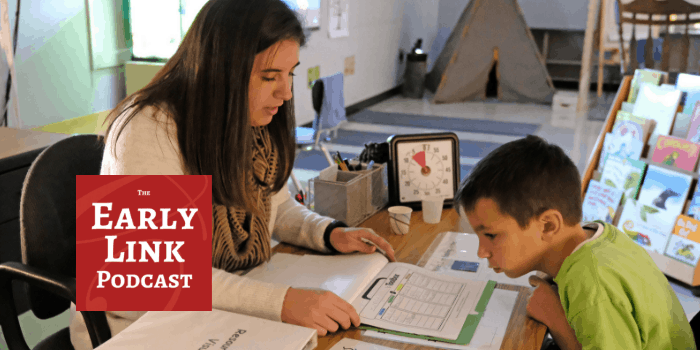


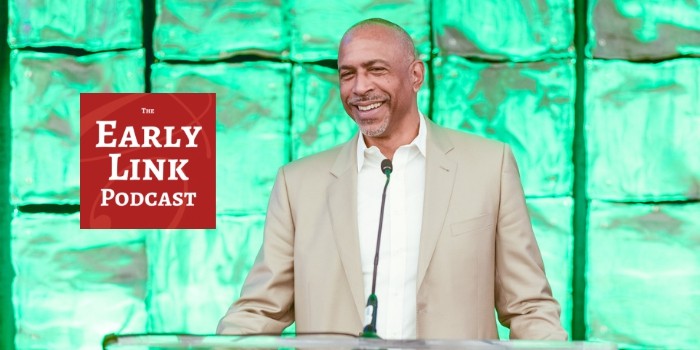
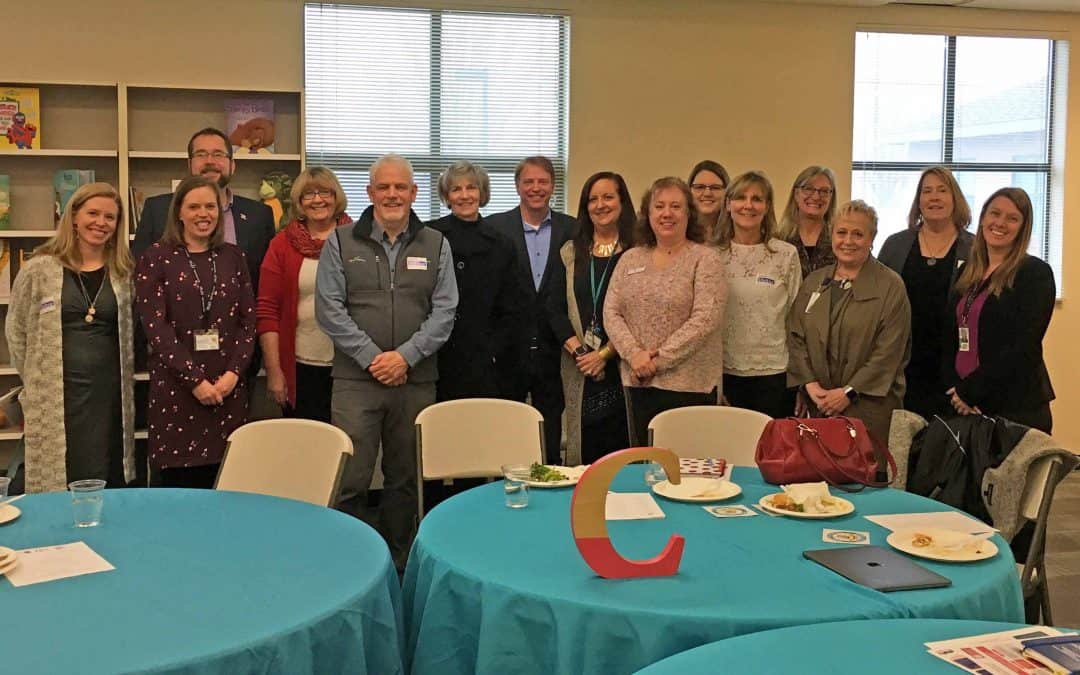
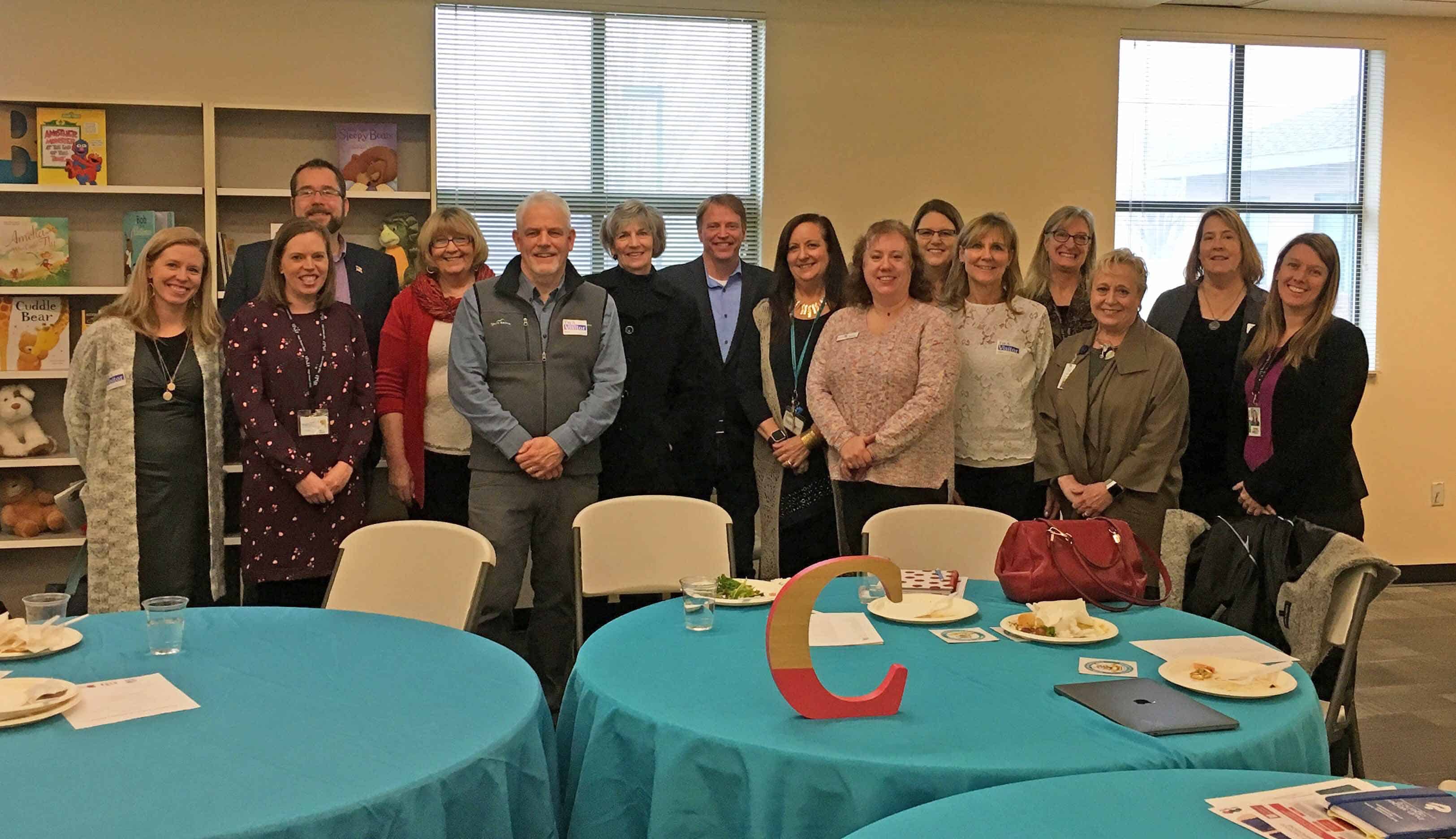
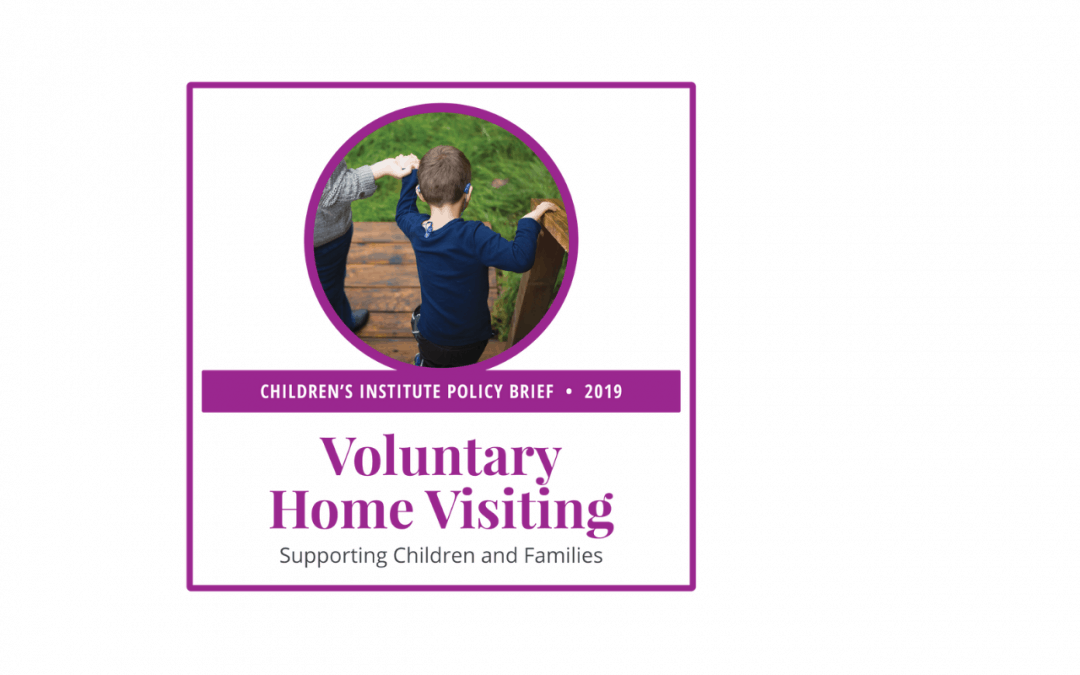
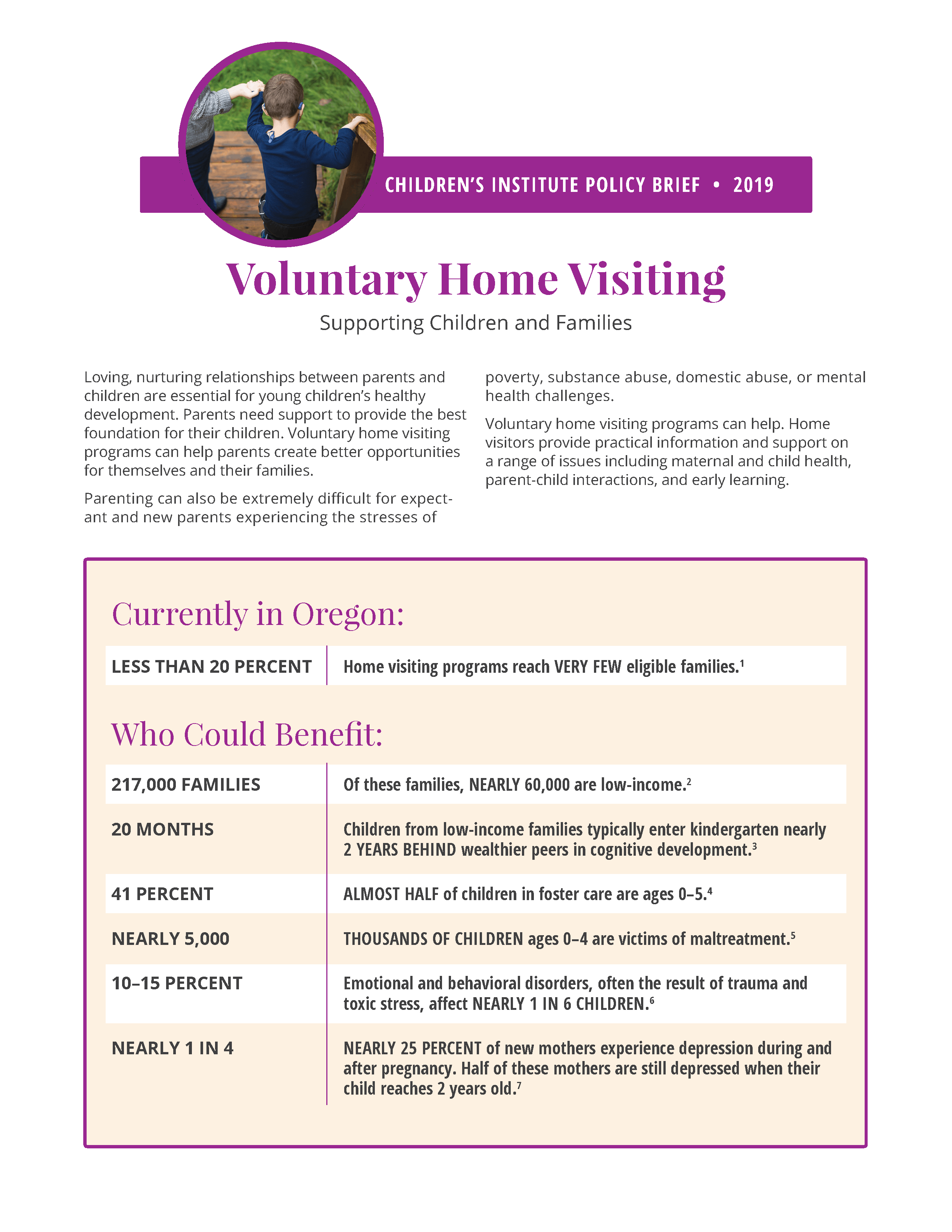 Our policy brief on home visiting focuses on promoting loving, nurturing relationships between parents and children and the role of home visiting programs across Oregon.
Our policy brief on home visiting focuses on promoting loving, nurturing relationships between parents and children and the role of home visiting programs across Oregon.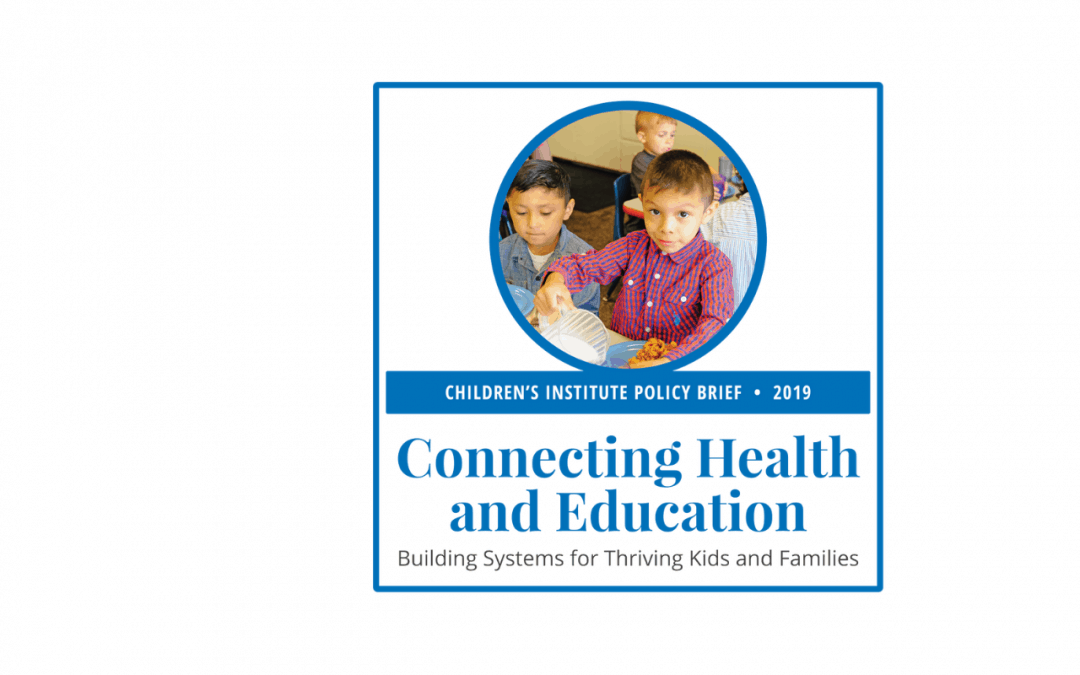
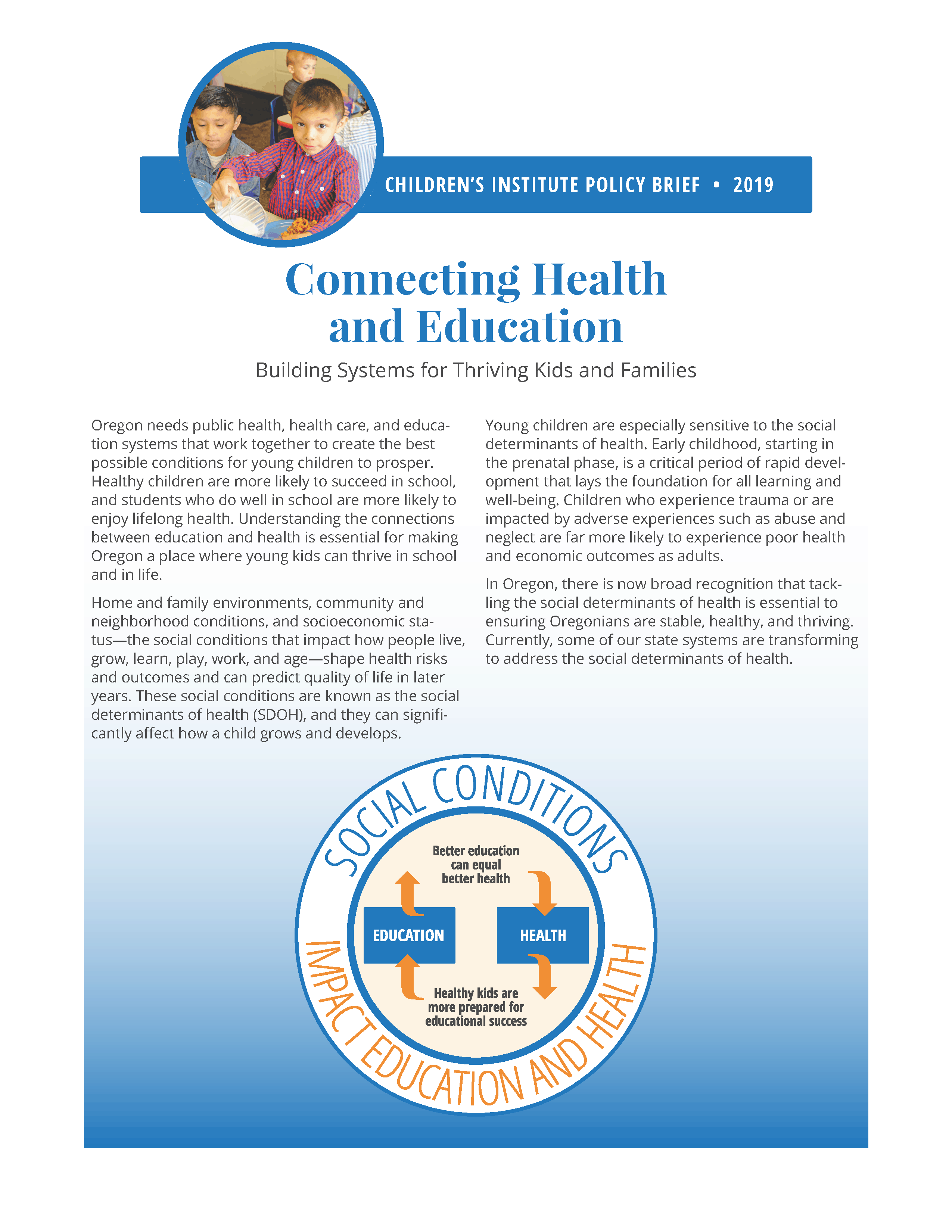 This policy brief explains the social determinants of health and the connections between health and education. Oregon needs public health, health care, and education systems that work together to create the best possible conditions for young children to thrive.
This policy brief explains the social determinants of health and the connections between health and education. Oregon needs public health, health care, and education systems that work together to create the best possible conditions for young children to thrive.